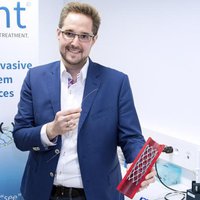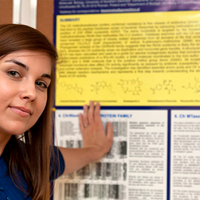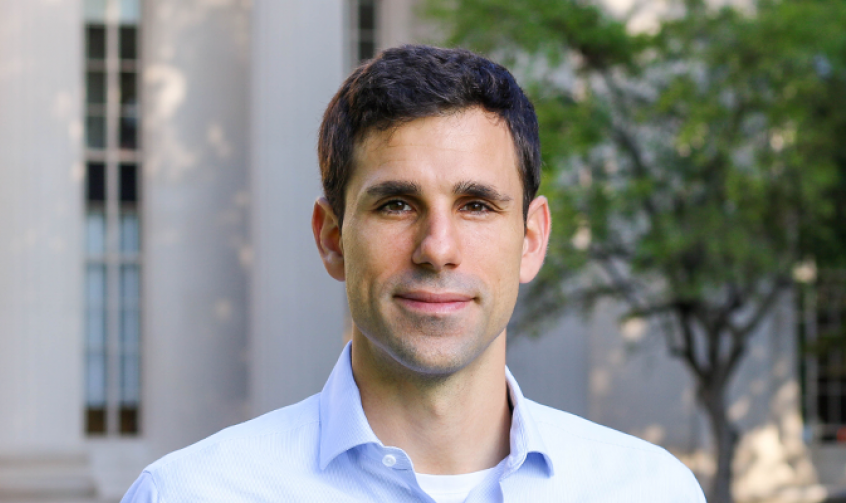Biotechnology & medicine
César de la Fuente
His peptides could prevent deaths caused by multiresistant bacterial infections

Asia Pacific
Yue Wan
Mapping the Shapes of RNAs at High Speed

Europe
Franz Bozsak
He has created the first intelligent stent that monitors patients and adjusts their medication accordingly

Europe
Katarzyna Kamińska
Her drugs could cure the flu, irrespective of the strain

Global
Heather Bowerman
Cheap hormone tests could begin to address gender disparities in health care.
